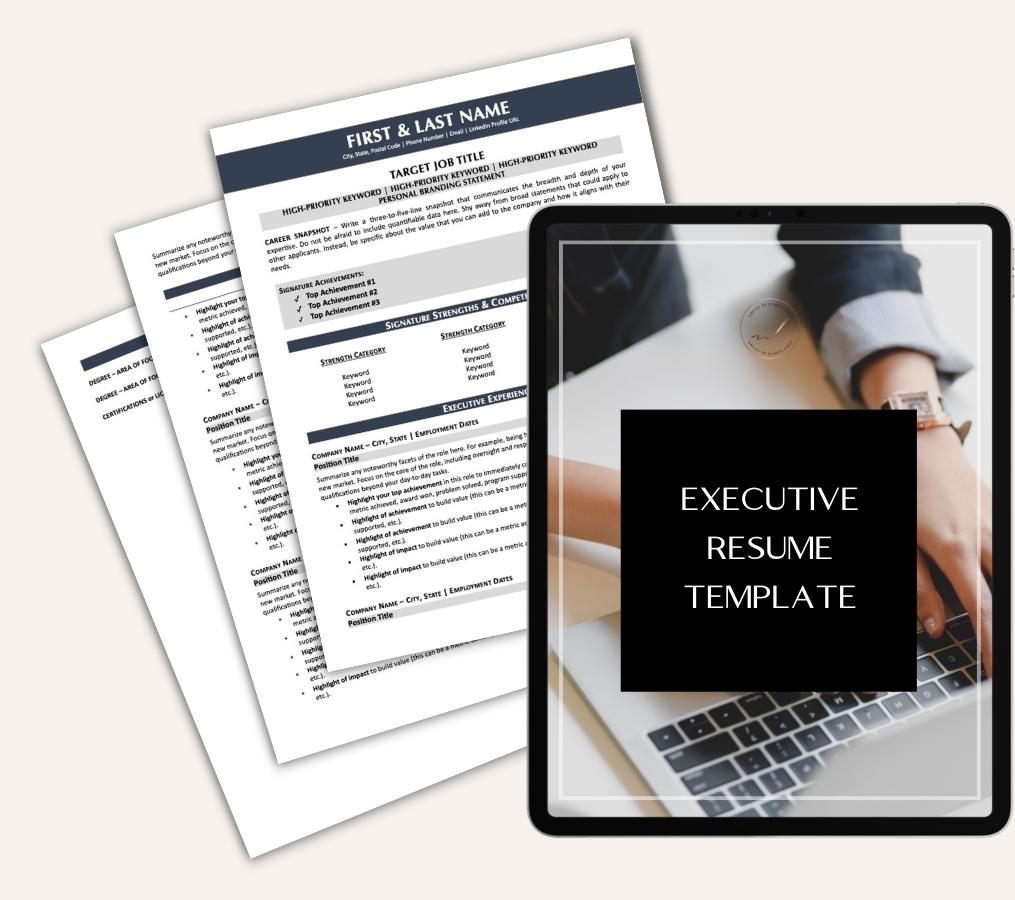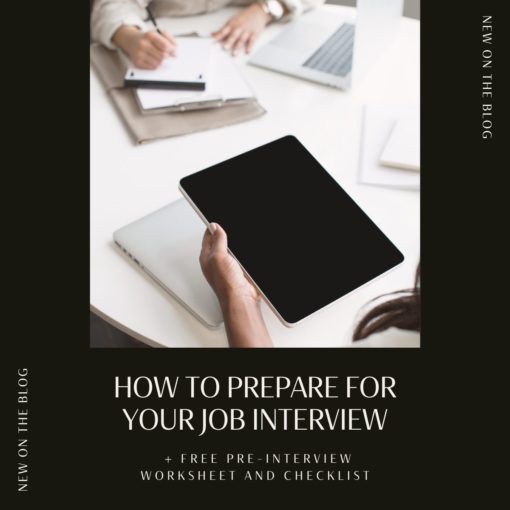Great Strategies for Addressing Behavioral Interview Questions
Chances are that you’ve encountered the term “behavioral interviewing” at some point during your job search. This is an increasingly popular interview format based on the belief that past behavior is the greatest predictor of future behavior. Typically interviewers ask questions like, “Tell me about a time when you had a conflict with a coworker, and how you chose to handle that situation.”
During a behavioral interview, the interviewer is expecting the candidate to provide very detailed and specific answers to his or her questions. A response such as, “Oh yeah, I’ve done that before.” is definitely inadequate. Although it’s best to draw from your professional experiences when answering behavioral interview questions, if necessary, you can discuss volunteer—or even personal—situations that you may have handled as they relate to the specific question. Although, we strongly advise discussing personal experience unless absolutely necessary and it should always be framed in a positive and professional manner.
One issue that sometimes confuses candidates and interviewers alike is when a candidate comes from a background where the interviewer’s scenario was impossible. For example, I know a publisher who worked for a company where anyone who missed a delivery deadline was automatically fired. Missing deadlines was simply not an option with the publishing company. This candidate then found herself in a behavioral interview with someone asking, “Tell me about a time you missed a deadline and how you managed that.”
Unfortunately, the publisher was stumped by this scenario and had no idea how to proceed with an answer. Her interviewer apparently did not have the flexibility to reword the question, as she simply repeated it several times. Lack of preparation for a question of this nature probably cost the publisher this job opportunity. What she should have done was answered the question as closely as possible to the way it was asked—i.e., provided an example of a time when she almost missed a deadline; or she could have discussed a previous experience outside a professional setting.
It is almost impossible to forecast exactly what an interviewer will ask you during any particular interview. However, understanding how important it is to answer behavioral interview questions as closely and specifically as you can will help you to manage future interviews as smoothly as possible.
Before you land the interview you need a stellar resume to get you in the door. For great articles and tips on resume writing visit our blog or view our collection of professionally-written resume samples.
Share this post:

About the author
Jessica Hernandez, President, CEO & Founder of Great Resumes Fast
Hi, I’m Jessica. I started this company back in 2008 after more than a decade directing hiring practices at Fortune 500 companies.
What started as a side hustle (before that was even a word!) helping friends of friends with their resumes has now grown into a company that serves hundreds of happy clients a year. But the personal touch? I’ve kept that.
You might have seen me featured as a resume expert in publications like Forbes, Fast Company, and Fortune. And in 2020, I was honored to be named as a LinkedIn Top Voice of the year!
I’m so glad you’re here, and I can’t wait to help you find your next perfect-fit position!
9 Comments
Leave a Comment
Improve Your Resume: Download Your Free Executive Resume Template Today
Are you struggling to create an executive resume that will impress employers? Download this free executive resume template and receive a series of 10 emails with expert guidance on how to write resume content that resonates with employers so you get more interviews.
It's everything you need to stand out, make an impression, and accelerate your job search.









The resume samples link is bad. Thanks.
I think you meant to write “strongly advise AGAINST discussing personal experiences…”
This is a good piece. It may be worth noting that this style of interview is also referred to as ‘competency based’ or ‘structured’ (perhaps this terminology is more common in the UK than the US). A large number of HR personnel are trained in this technique/interview style so chances are, even if the hiring manager doesn’t ask these types of questions in an interview, the HR representative(s) probably will.
I think a discussion of the various acronyms used to describe the ideal format for a behavioral interview response (e.g., CAR/PAR/SAR/STAR) might have been illuminating for readers but yes, absolutely critical to gameplan for such questions.
Behavioral based interviews can be very stressful. The key element to these types of interviews is preparation. If you are very interested in the position you are applying for you have to treat it as taking an exam. Review your resume, create talking points about situations you have been in and read about the company to show them that you have done your homework.
Wonder where they got the idea past behaviour will indicate future behaviour. That implies stagnation and no growth, development or change.
.
I.Ytimg.com
Great Strategies for Addressing Behavioral Interview Questions –
Hello, everything is going sound here and ofcourse every one is sharing
data, that’s truly good, keep up writing.
Jacquievnl78.Wikidot.com
Great Strategies for Addressing Behavioral Interview Questions –